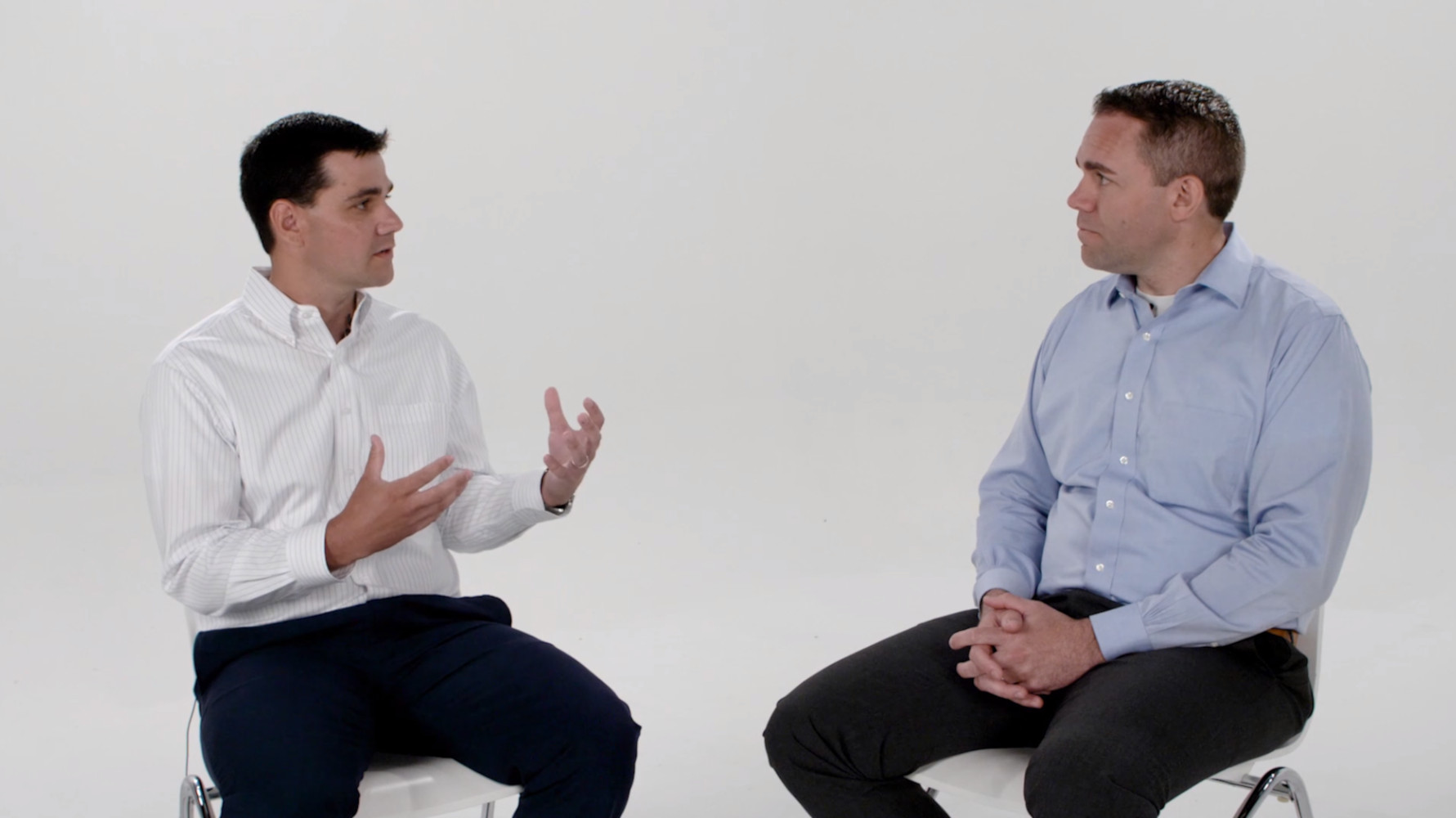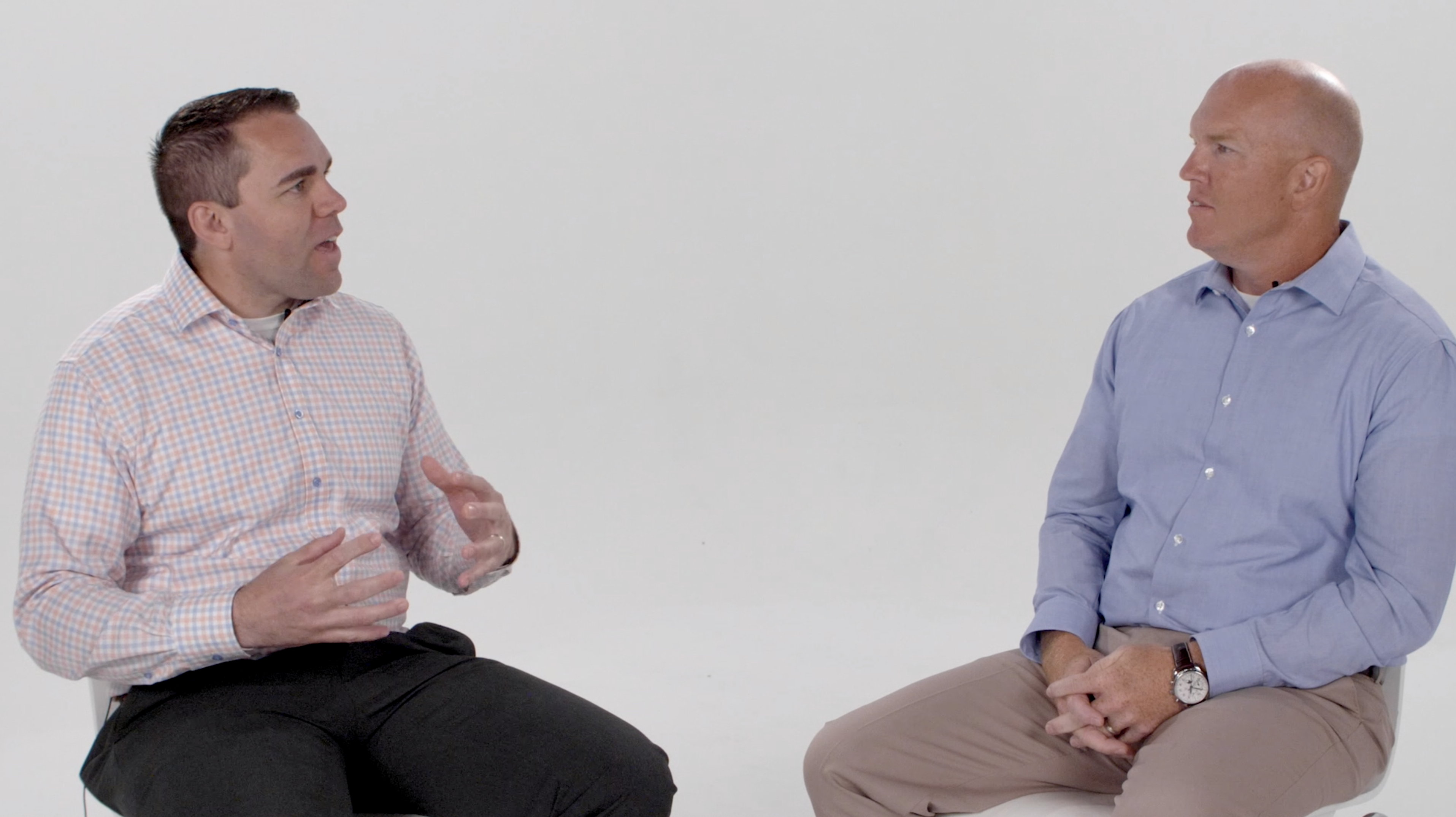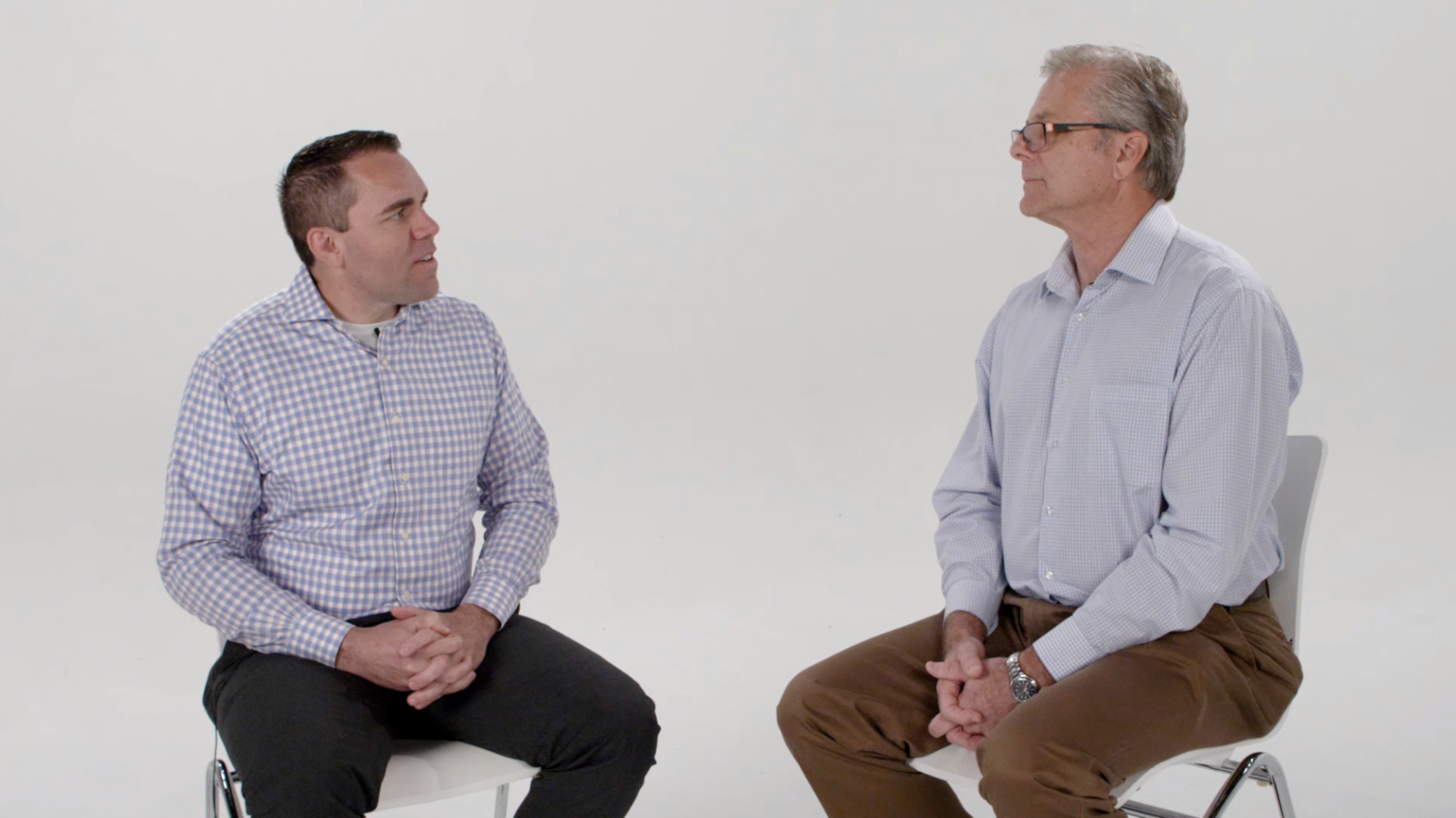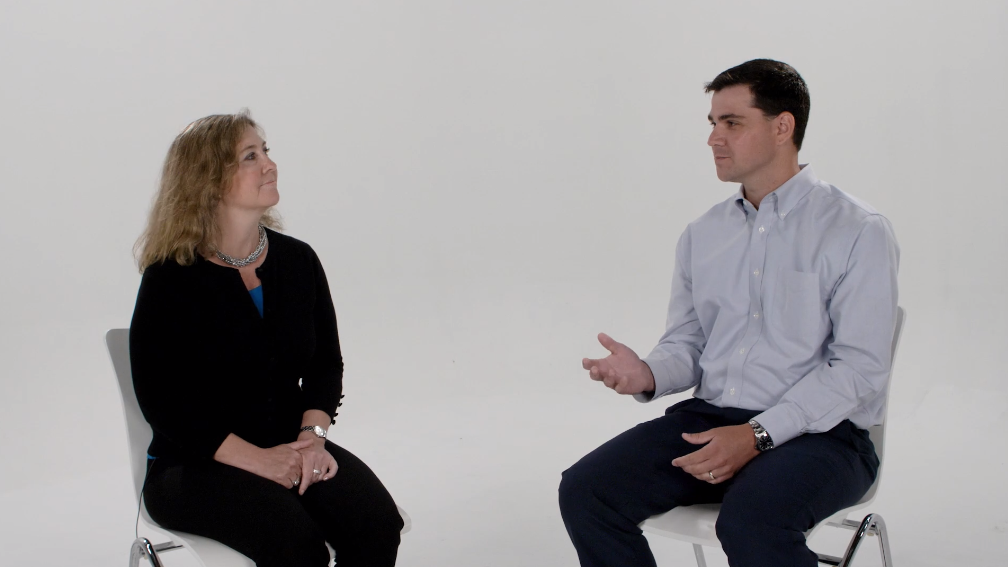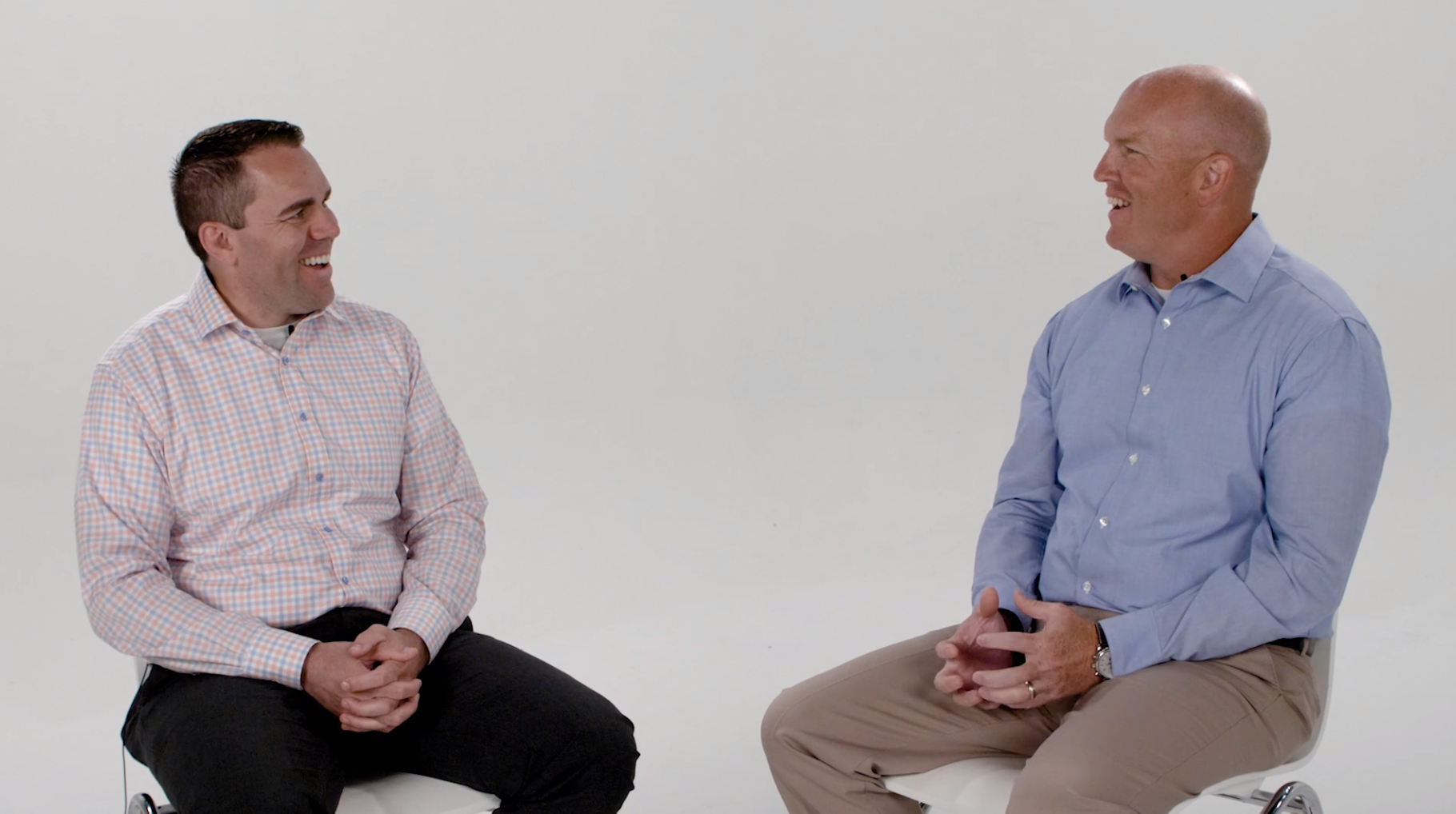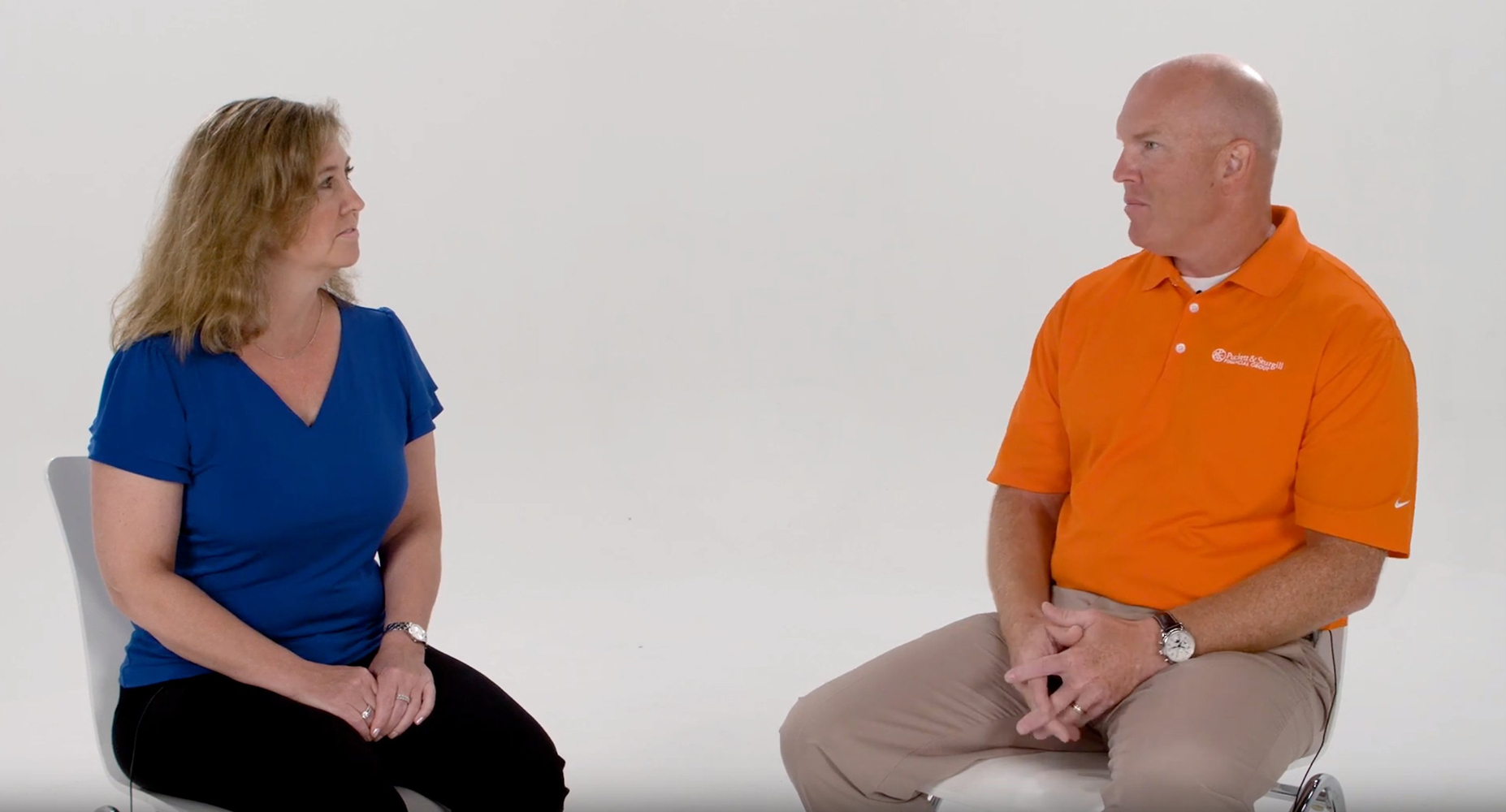Ask Jake: What is FIRE (Financial Independence, Retire Early)?

When it comes to discussing retirement planning, it’s hard to overlook trends that come in this area. One current trend that’s getting attention in the financial world is financial independence, retire early (FIRE).
Today, we’re talking to Jake Sturgill about the FIRE trend, which investors might qualify for FIRE, and some takeaways that can strengthen any retirement plan, regardless of investor age.
How Early is FIRE Retirement?
Financial independence, retire early. Investors who choose the FIRE route want to retire earlier, rather than later. For some, this could be extremely early, say, in their 30s or 40s, but the goal to become financially independent and retire early certainly isn’t limited to younger investors.
FIRE is more about how you approach retirement planning than when you retire. It’s a lifestyle choice that shapes your entire approach to financial planning. When you choose to set a goal to retire early, you choose to save aggressively to achieve that early financial independence and set aside savings to see you through an extended retirement.
Typically, people who choose FIRE are higher income earners who opt to live a minimalist lifestyle in order to save even as much as 50-80% of their incomes annually until they achieve their retirement savings goals. If you are able to maintain this lifestyle and desire to leave the workforce early, the strict savings required can pay off with that early retirement date.
Even if, for reasons of age, income, or other life circumstances, FIRE isn’t a reasonable retirement objective, it doesn’t mean that ambitious savings goals and a desire to prepare your lifestyle for retirement aren’t for you.
In fact, if anything, the FIRE movement should inspire you to re-evaluate your retirement savings plan and determine whether it is aligned with your desired retirement age — even if it’s a more traditional one.
I Missed the FIRE Truck. Do I Have Other Options?
Maybe you think you’re beyond the point of saving for an early retirement. You missed the boat… Or in this case, you could pardon the pun and we could even call it the “FIRE truck”. I think my toddler, who frequently plays fireman, would appreciate this phrase!
Truly, it’s never too late to consider your financial future and look for ways to double down on important savings goals. If your goal is early retirement, you want to work your way back to the present moment and evaluate how you can balance your investments, savings rates, and lifestyle choices to enable your future self the option to reduce the number of years you “have” to work.
If your goal isn’t early retirement, or if that’s not a realistic goal, provided your age and/or circumstances, there are still ways that FIRE thinking can apply to your retirement planning, especially when you consider how your current lifestyle plays into your financial future.
It’s all about balance.
Whether you are aiming for early retirement or want to explore options for a more traditional retirement, you want the scope of your financial planning to encompass the things that are important to you personally. Your career, your family, your desired retirement lifestyle… All of these are factors to bear in mind when strategizing for the future.
Retirement planning typically isn’t something that you finalize in one session and recognize within the next year or decade. Yes, FIRE is an attractive option, but it’s not the only route that leads to a satisfying, well-funded retirement. At the end of the day, you and your financial planner need to be on the same page about planning a retirement that makes sense for you, your priorities, and your ideal financial future.





